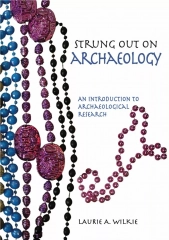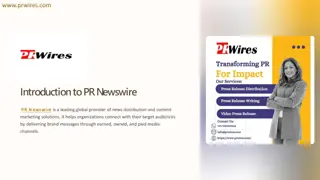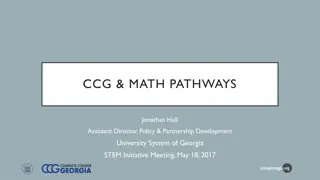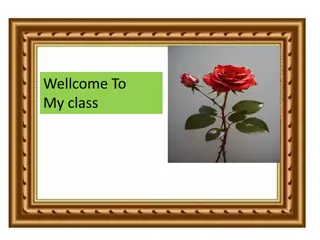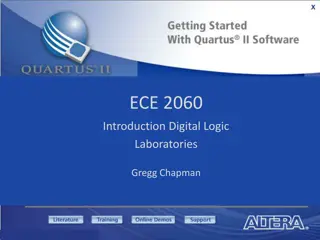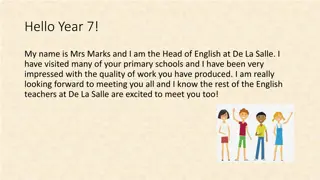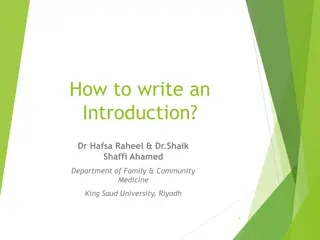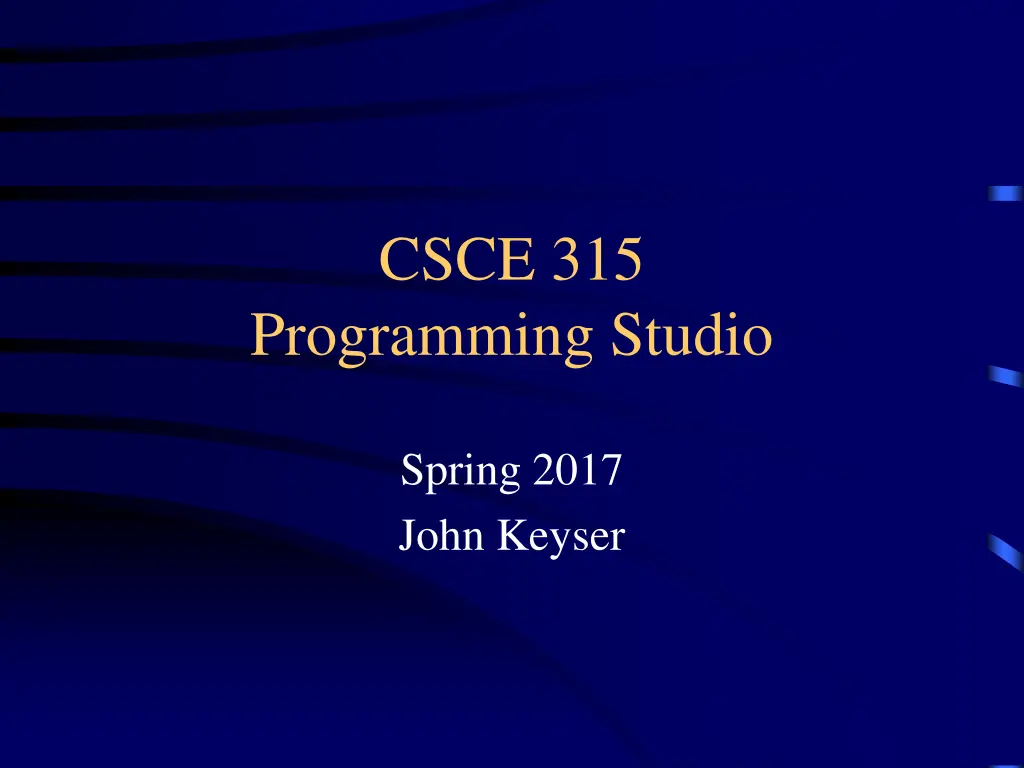
Programming Studio Course Overview and Syllabus Details
"Explore the world of programming through the lens of an art studio course. Enhance your skills, delve into programming techniques, and tackle software design principles. Dive into collaborative programming, databases, AI, and HCI. Review the syllabus, lecture schedule, and learn the course's focus on code construction and system specification. Get ready to elevate your programming skills in a hands-on environment with feedback from experts."
Download Presentation

Please find below an Image/Link to download the presentation.
The content on the website is provided AS IS for your information and personal use only. It may not be sold, licensed, or shared on other websites without obtaining consent from the author. If you encounter any issues during the download, it is possible that the publisher has removed the file from their server.
You are allowed to download the files provided on this website for personal or commercial use, subject to the condition that they are used lawfully. All files are the property of their respective owners.
The content on the website is provided AS IS for your information and personal use only. It may not be sold, licensed, or shared on other websites without obtaining consent from the author.
E N D
Presentation Transcript
CSCE 315 Programming Studio Spring 2017 John Keyser
People Professor: John Keyser Teaching Assistants: Peihong Guo Peer Teachers: Gregory Krupit (501) Regan Gunhouse (502) Darren Cola-Sinner (503) Other sections: Tanzir Ahmed (instructor), Ajit Jain (TA), Ivan Fuentes (probable TA)
Background on the Course Meant to be a capstone to the lower-level classes. Intention is to give lots of programming experience, mainly in a team environment. Should be prepared for any programming assignment in upper-level classes Should be better prepared for industry programming jobs (internships/co-ops)
Programming Is it engineering? Is it science? Is it art?
Programming Is it engineering? Yes. Is it science? Yes. Is it art? Yes.
Studio Course Treat programming more like an art The idea of a studio course is to have an environment where students can practice and refine their skills Your skills should markedly improve over the semester Practice, practice, practice Ideally, you should have plenty of interaction with and feedback from the professor/TA/PTs This is, in reality, less than ideal.
Code Construction System Specification Requirements Analysis Architectural Design Detailed Design Coding and Debugging Unit Testing System Testing Taken from Code Complete Maintenance
Topics Programming techniques and style Software design principles Basic collaborative programming skills Programming tools Project-specific subjects Databases Artificial Intelligence Human-Computer Interaction
Lectures We ll meet on 28 class periods (out of 42) Expect to meet most dates at the beginning of the semester Will skip lectures later in semester, during projects Will skip lectures if professor travels or has conflicts like jury duty
Attending Lectures Several lectures will be directly relevant to your projects Some lectures will cover topics not put into practice in these projects These are not just thrown in for fun! The lecture may be your only exposure to some important topics
Quizzes and Other Assignments Several small assignments and/or quizzes Quizzes will be unannounced, and makeups not allowed (except as per student rule 7) Other assignments We will have an early individual programming assignment Later might have small programming exercises or short written reports
Projects 3 projects, each about a month long Each project will be a team project 3 people per team (when possible) Might require use of specific tools, languages, approaches Topics from range of CS fields Lectures will cover additional material
Lab Note: Lab will not meet until Monday. Lab times: Use as team meeting times TA demos/tools instructions Use as instructor meeting times Code reviews Lab times are not optional!
Use of Lab Room RDMC 111C should be available to you when not being used for labs See the schedule of lab times to find busy times.
Reviews Might include code reviews Some code will be graded by other students! Public review/comments on code/design/documentation/etc. During lab or lecture times Programs you work on/submit will not be considered private, for this class You might be asked to present your code

